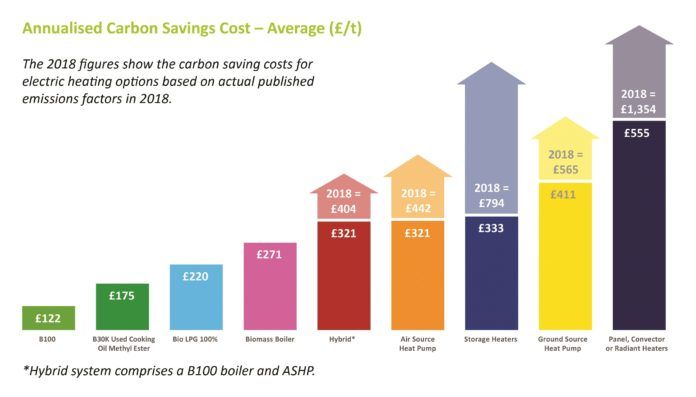
The government should embrace solutions to decarbonise heat in future homes focused on achieving set emission reduction targets rather than prescribing technologies, said OFTEC, responding to the Future Homes Standard consultation.
OFTEC’s submission underlined the importance of ensuring the decarbonisation policy is flexible to enable suitable solutions for a range of property building types and locations. Best value for consumers was also key and OFTEC says this will be best achieved by encouraging innovation and competition between technologies.
Paul Rose, chief executive officer of OFTEC, said: “We fully support the consultation’s ambition that properties built to the Future Homes Standard should produce 75-80% less emissions than current new builds. However, the consultation goes on to suggest that future homes will be fitted with heat pumps. OFTEC does not believe this blanket approach is the most effective way to achieve net zero. Alongside heat pumps and heat networks, hydrogen and liquid biofuels have an important role to play in decarbonising heat.
“Research shows liquid biofuels are particularly beneficial for new and existing homes in rural areas. Crucially, this practical, easy to implement solution provides consumers with an affordable option, achieving the highest carbon reduction impact for the lowest cost of all solutions currently available for off-grid homes.”
OFTEC’s consultation response also focuses on the importance of taking a ‘fabric first’ approach in new build properties to future-proof these homes.
He added: “Ensuring modern homes are built to minimise energy use, irrespective of the heating technology installed, should be the foundation for Part L proposals.
“Such a move will also help to reduce energy bills for consumers. It is essential that net zero solutions are fair to all property owners and we cannot build new homes that may cause additional fuel poverty.”
